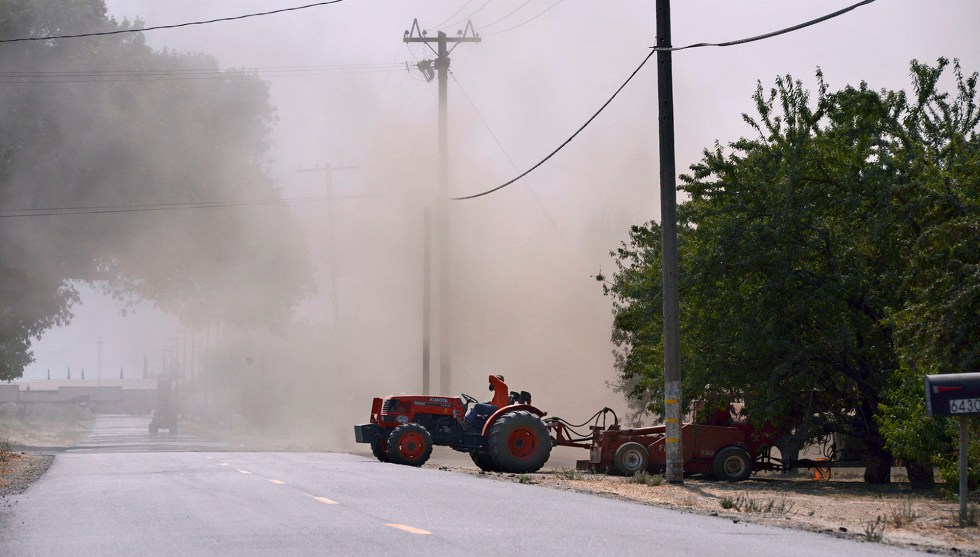
Elias Funez/Modesto Bee/ZUMAPRESS
Toward the end of a Twitter conversation about working from home, Will Wilkinson suddenly makes this observation:
It’s really striking how the decline in the % of people with college degrees in my hometown not only hurt the economy but also stuff like community theater, kids sports leagues, etc. which their volunteer-work was holding together.
— Will Wilkinson 🌐 (@willwilkinson) November 19, 2020
This is so important. The brain drain from the country into cities is well known, and its effect on poverty and economic stagnation in rural communities has been studied from seemingly every possible angle. But its effect on the social and cultural life of these communities is equally important. Ever since World War II, as college education became a national obsession, rural communities have been increasingly stripped of the people who might be thought of as their yeast: small in number, but without them everything goes flat. They are, as Will says, the people most likely to start up community theaters, coach sports teams, organize holiday parades, settle arguments, and so forth. Without them, no one steps up to do those things.
Nor is it just rural communities that this affects. It’s also affected urban cores in much the same way.
This is hardly a new phenomenon. Literature going back to Homer speaks of ambitious young people who leave the country to seek fame and fortune in the big city. And segregation by wealth has always been with us at the extremes. The Appalachians have always been very poor and Beverly Hills has always been very rich.
But it’s one thing to see this on a modest scale and quite another for it to become so widespread that it practically defines our national character. Call it the Great Unmixing, as communities have increasingly become monocultures, either all working class or all college educated, and never the twain shall meet.
I’m not aware of a good book on this subject that’s deeply grounded and free of ideological cant. Have I missed one? Or does someone need to get busy and write it?

















